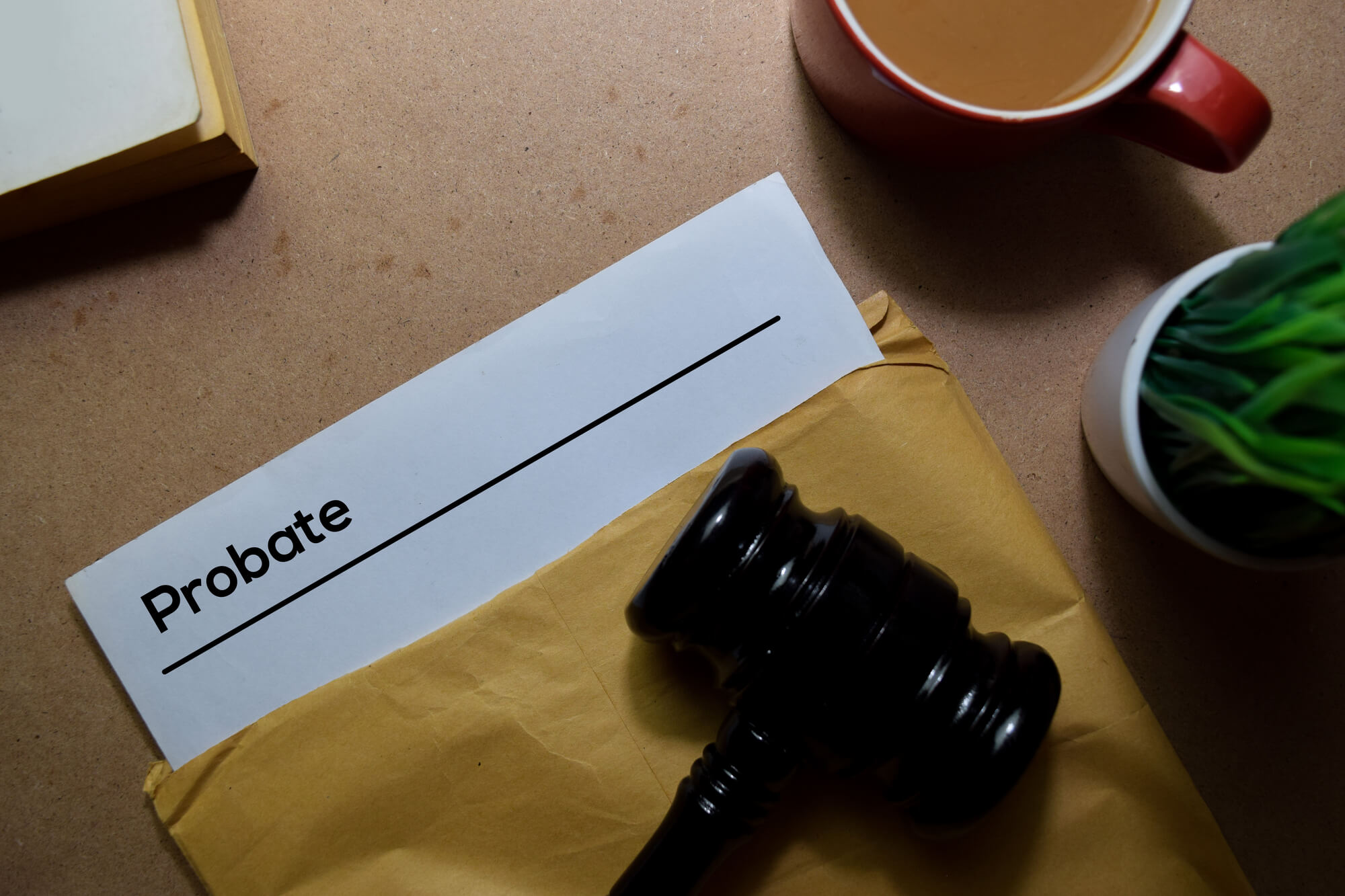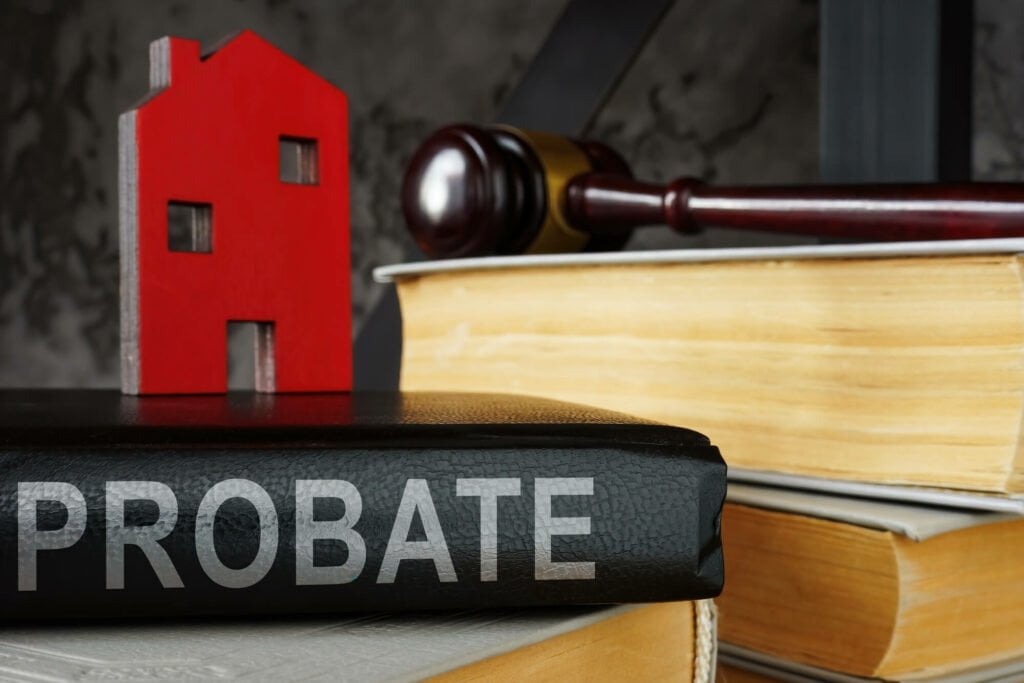Whether or not you need probate after your husband passes depends on his financial situation and other factors. These include whether they left a will behind, the kind of assets they had and if they had creditors.

When Probate Is Necessary For A Deceased Spouse
If your husband wrote a will before he passed, you would most likely need a grant of probate to implement the contents of that will. This is especially important when his assets have unsecured debts tied to them or if you need access to bank accounts and other assets that do not have a right of survivorship.
Another instance where you will need a grant of probate is if your deceased husband owned a business or significant assets only in his name. Below, we consider some instances that determine whether or not probate is required, as these issues are determined on a case-by-case basis.
1. Joint Assets

If you held joint assets like property or bank accounts with your spouse before their passing, these assets automatically accrue to you, based on the ‘Right of Survivorship’ principle. This principle provides that when two people own a property equally as joint tenants and one dies, their share of the property is transferred to the surviving owner.
In situations like these, you don’t need probate, as the production of a death certificate is often the only requirement to facilitate the transfer of assets to the surviving owner.
2. Tenants in Common
If the deceased owned property with another, not jointly, but as tenants in common, a grant of probate is required. The reason is that each person holds a defined share of the property they held in common, and the deceased’s share does not pass to their loved ones under the Right of Survivorship.
Instead, the deceased’s share will pass in line with their will, but if they didn’t leave one, the Rules of Intestacy would apply. Whatever the case may be, a grant of probate is required to sell or transfer the deceased’s interest in that property.
However, the Land Registry may, at their discretion, forgo this requirement and accept the death certificate and copy of the will showing that the deceased left their share in the property for their spouse. In such peculiar situations, the surviving spouse does not have to get a grant of probate.
3. Sole Assets
If your deceased husband owned assets in his name, you might need a grant of probate to claim them. This occurs especially when the asset in question is worth over a certain sum. For example, banks may agree to close a deceased’s account where the balance is less than £10,000.
However, suppose the amount in the deceased bank account is higher than £10,000. In that case, the bank will likely require a grant of probate before closing the account and distributing its proceeds to the executor of the will.
Every business or organisation has its principles concerning probate, and it may be best to contact them and verify if they will demand a grant of probate before settling the deceased’s account.

What If My Husband Did Not Leave A Will?
If your husband dies intestate – without a will, the proper procedure is to make an application for the grant of Letters of Administration, not probate. This grant makes the applicant the administrator of the deceased’s estate, giving them the right to oversee and disburse the estate in line with intestacy rules. These intestacy rules determine who gets what, following the list of beneficiaries.
Conclusion
Challenging a deceased’s estate is often an uphill battle, especially when they did not leave a will. The process can be overwhelming and daunting, especially if you’re still grieving and haven’t dealt with complex financial issues before. That is why this article provides guidance and support to help you navigate this critical and painful process.











